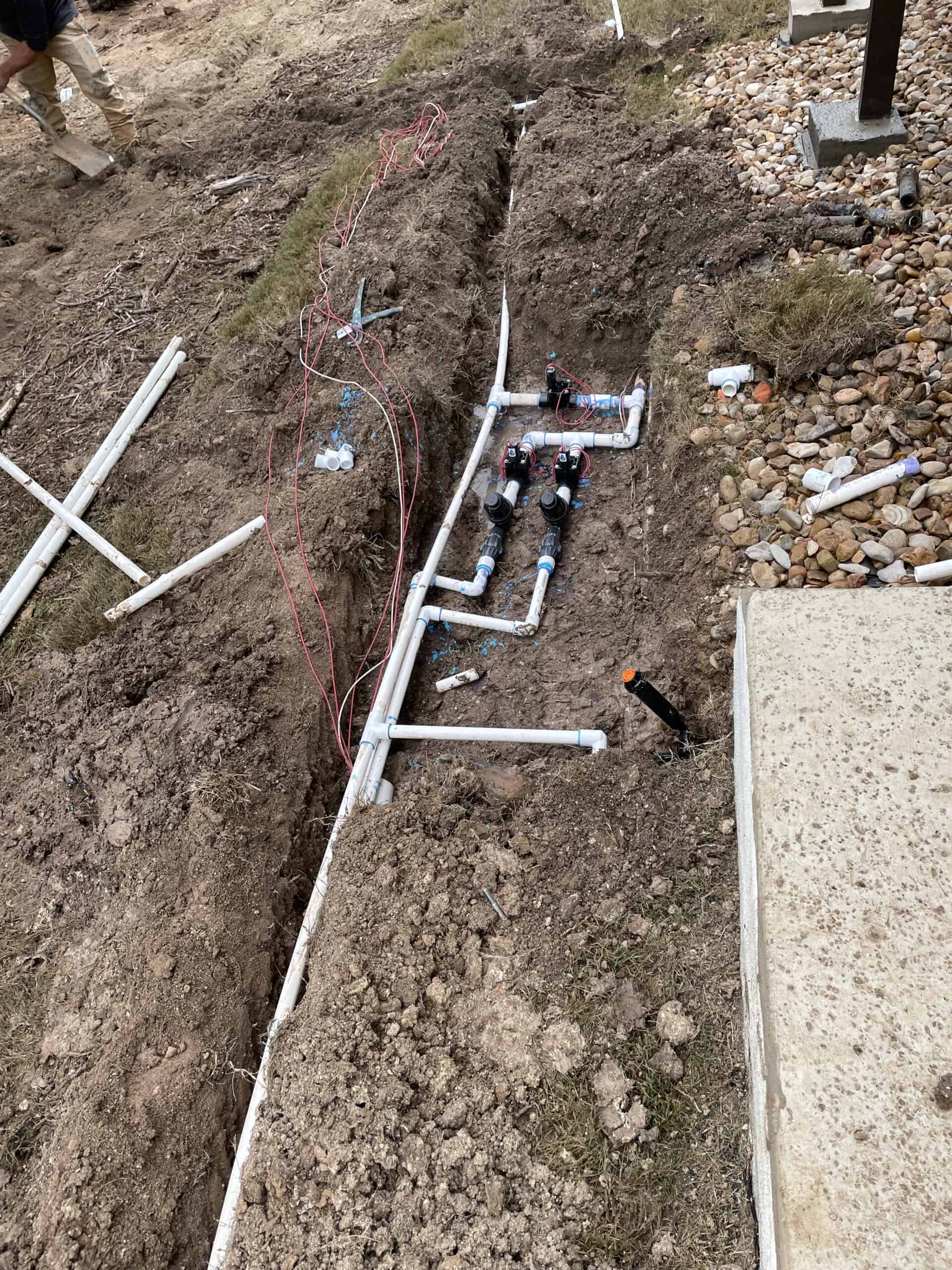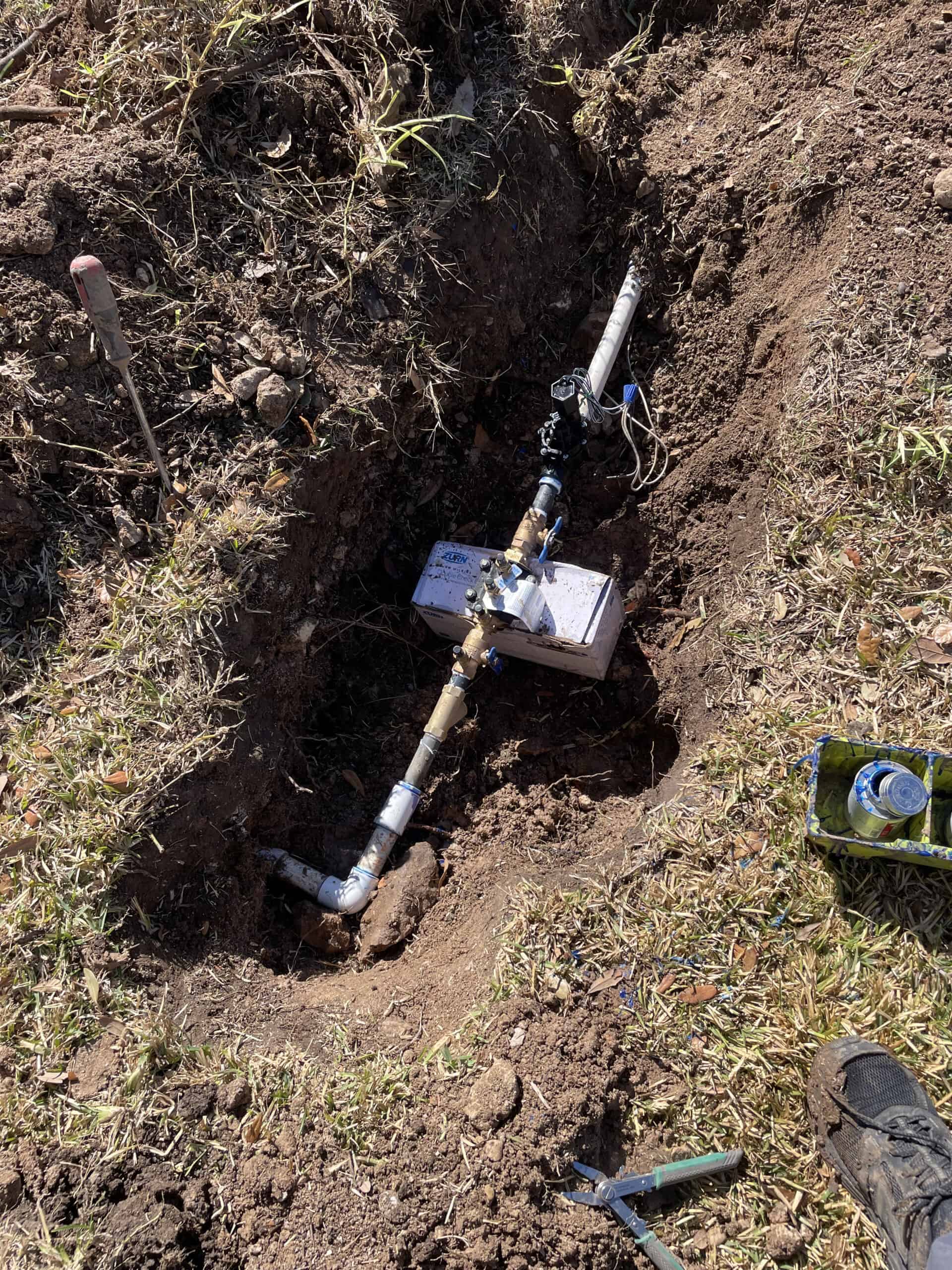Sprinkler Maintenance 101: Tips for Year-Round Care
Like any other system, your sprinkler requires regular maintenance to ensure it functions
properly. Regular inspections and maintenance will not only prevent unexpected breakdowns and malfunctions but
also prolong the life of your system and save you money on water bills.

Benefits of Sprinkler Maintenance
Before we go into the specifics of irrigation maintenance, let's explore the benefits of it on your sprinkler system. Firstly, it promotes water efficiency and reduces the need to replace an entire irrigation system. A well-maintained irrigation system will always distribute water evenly throughout the landscape, avoiding water wastage and over-saturation. A functional irrigation system will conserve water and reduce your water bills. Secondly, regular system maintenance checks to make sure your plants receive the right amount of water, preventing under-watering or over-watering, which can harm the entire lawn. Lastly, a sprinkler system that is properly functioning adds tremendous value to your property. Installing an irrigation system in your landscape increases the home's value as potential buyers are less likely to want a home without one.Inspections Are Maintenance
Regular inspections are the basis of effective sprinkler maintenance. To begin the process of sprinkler maintenance, start by checking the sprinkler heads for clogs, misalignment, or noticeable damage. Watch how your sprinkler works for a few minutes to ensure all the sprinkler heads move in the intended direction and cover the desired watering zones. If applicable, promptly clean or replace clogged or damaged heads to maintain coverage. Additionally, inspect the hoses, valves, and pipes for any visible issues and note them. Even a minor leak can lead to significant water wastage over time, not to mention the damage it can cause to your landscape. If you notice uneven watering or a drop in water pressure, take it as a sign that your system could use professional attention. Addressing these issues quickly can prevent further damage and additional, expensive costs.
